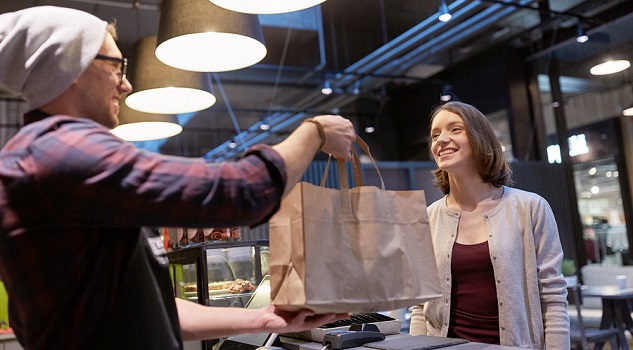Despite a Whole Foods deal that has yet to pass antitrust scrutiny, Amazon continues to dismantle retail across many sectors, in the last month alone launching Runway (try and return policy on fashion), Spark (social messaging app with product reviews and e-commerce) and recently filing trade marks for a meal kits business. There seems to be nothing that can stop the online behemoth, with the sheer mention of its interest in a given industry sending shares in incumbent firms tumbling.
There is, however, one key strategic advantage small businesses have – the physical experience of visiting a bricks and mortar traditional retailer. One need only look at the power of Apple’s landmark retail stores, Amazon’s Whole Foods acquisition, or the number of pure play online businesses opening up concept stores, to understand the enduring value of a physical retail space.
The ability to create and control a physical space allows retailers to get closer to their consumers and give them a true experience that delivers on the brand’s promise. It’s well researched that consumers remember more when they experience something rather than being told or sold to. Why is this so powerful? The physical retail space is one where retailers can control what consumers see and hear, thus allowing them to leverage principles of the consumer’s behaviour, such as Liking, Authority, Reciprocity, and Scarcity. This ultimately allows retailers to influence how and what consumers feel and think, to drive them through the sales funnel and through to a purchase and over time advocacy.
Here are seven tips on how to build rich retail experiences to connect with consumers and build your Amazon defence system:
- Focus on understanding your shoppers, what they want and why, using simple techniques like observations or having a conversation with people in your stores
- Stand for and start a conversation about something unique, ownable and motivating
- Get online and get mobile – be where consumers are and have your message be relevant
- Give people a reason to get offline and come into store e.g. digital vouchering
- Build physical shopping experiences and personal service to match
- Empower your staff to act independently to improve the shopping experience e.g. added bonus / small discount / recommendation / advice / acknowledgement, and
- Help your consumers talk about you and give them reason to come back.
Murray Jess, Head of Commercial & Strategy, The Zoo Republic











